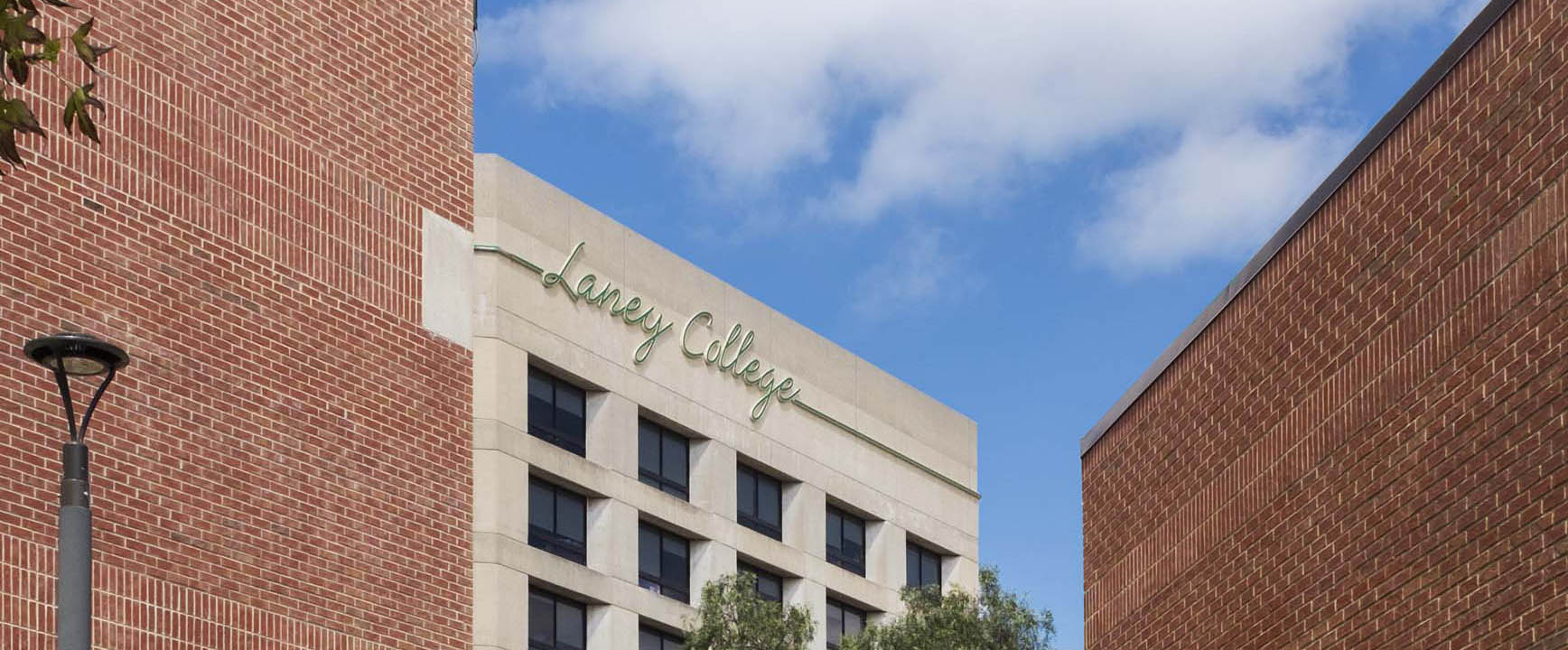Promoting a culture of honesty is the responsibility of everyone in the academic setting, including administrators, faculty and STUDENTS!
What is academic cheating?
It is representing someone else’s work as your own. It includes purchasing or otherwise obtaining a paper or test questions in advance, or having someone else do your assignment for you.
• It IS your business. It’s not your fault that other people cheat – but it is your responsibility to speak up. Cheaters are less likely to cheat if they know others disapprove or if they fear getting caught. Tell the cheater it’s not okay, and/or tell your teacher.
• There’s only one teacher in the classroom, and lots of students – teachers can’t fix the problem alone. Teachers do their part to promote honesty by minimizing cheating opportunities as much as possible, and by enforcing penalties. Students do their part by being honest themselves, and speaking up about observed dishonesty.
BE PART OF THE SOLUTION!
The information below is excerpted from the ETS Ad Council Campaign to Discourage Academic Cheating webpage
Research shows that:
Primary reasons for cheating among college students include: it is the campus norm; there is no honor code; penalties are not severe; faculty support of academic integrity policies is low; there is little chance of being caught.
• Additional factors influencing cheating: others do it; no stated rules or rules are unclear; heavy workload; faculty don’t seem to care.
• In the past it was the struggling student who was more likely to cheat just to get by. Today it is also the above-average college bound students who are cheating.
• Cheating no longer carries the stigma that it used to. Less social disapproval coupled with increased competition for admission into universities and graduate schools has made students more willing to do whatever it takes to get the A.
• Grades, rather than education, have become the major focus of many students.
• Math and Science are the courses in which cheating most often occurs.
• Other students often don’t tell because it would be “tattling” or “ratting out a friend.”
• Many students feel that their individual honesty in academic endeavors will not affect anyone else.
• Students who cheat often feel justified in what they are doing. They cheat because they see others cheat and they think they will be unfairly disadvantaged.
• Cheating does not end at graduation. For example, resume fraud is a serious issue for employers concerned about the level of integrity of new employees.





